
Kod: 04669618
Women's Lives and Livelihoods in Post-Soviet Uzbekistan
Autor Zulfiya Tursunova
Women in Uzbekistan have been labeled as victims of patriarchy and submissive, voiceless bodies who lack agency and decision-making power. They are also often symbolized as preservers of rituals and culture and also the victims of ... więcej
- Język:
 Angielski
Angielski - Oprawa: Twarda
- Liczba stron: 248
Wydawca: Lexington Books, 2014
- Więcej informacji o książce

Zobacz książki o podobnej tematyce
-

Barth, Israel, and Jesus
211.38 € -

Non-Western Popular Music
509.62 €
Bon podarunkowy: Radość gwarantowana
- Podaruj bon o dowolnej wartości, a my się zajmiemy resztą.
- Bon podarunkowy dotyczy całej naszej oferty.
- Możesz wydrukować elektroniczny bon z e-maila a następnie przekazać go obdarowanemu.
- Ważność bonu wynosi 12 miesięcy od daty wystawienia.
Więcej informacji o Women's Lives and Livelihoods in Post-Soviet Uzbekistan
Za ten zakup dostaniesz 375 punkty
 Opis
Opis
Women in Uzbekistan have been labeled as victims of patriarchy and submissive, voiceless bodies who lack agency and decision-making power. They are also often symbolized as preservers of rituals and culture and also the victims of socio-economic transformations. During the years of land tenure changes from collectivization to de-collectivization, World War II and the five-year plan economy, women played a vital role in pursuing a diverse range of livelihood opportunities to sustain their families and communities. But what kind of livelihood activities do women pursue in rural areas in Uzbekistan? What do they think about themselves? Do they exercise agency? What are their values, desires, dreams, and inspirations in the post-Soviet period in Uzbekistan? Women's Lives and Livelihoods in Post-Soviet Uzbekistan presents women's voices and their experiences of carrying out livelihood activities such as farming, trading, baking, sewing, building greenhouses, and establishing furniture workshops. In a major contribution to the study of post-Soviet transformations, Zulfiya Tursunova demonstrates how women exercise multi-dimensional empowerment by joining social and economic saving networks such as gap and chernaya kassa. These networks represent a collective movement and action against economic dependency of women on men and the state micro-loan bank system. The networks that do not require external donor interventions have been able to empower women for social justice, knowledge, redistribution of resources, and conflict resolution in ways that are vital to community development. Tursunova provides accounts of such ceremonies as mavlud, ihson, Bibi Seshanba, and Mushkul Kushod. These ceremonies show the ways the conflict resolution practices of women are woven into their everyday life, and function autonomously from the hierarchical elite-driven Women's Committees and state court systems established in the Soviet times. Many local healers and otins (religious teachers) use their discursive knowledge, based on Islam, Sufism, shamanism, and animism to challenge and transform women's subordination, abuse, and other practices that impinge on women's needs and rights. These female religious leaders, through different ceremonial practices, create space for raising the critical consciousness of women and transform the social order for maintaining peace in the communities.
 Szczegóły książki
Szczegóły książki
Kategoria Książki po angielsku Society & social sciences Society & culture: general Social groups
149.21 €
- Pełny tytuł: Women's Lives and Livelihoods in Post-Soviet Uzbekistan
- Podtytuł: Ceremonies of Empowerment and Peacebuilding
- Autor: Zulfiya Tursunova
- Język:
 Angielski
Angielski - Oprawa: Twarda
- Liczba stron: 248
- EAN: 9780739179772
- ISBN: 0739179772
- ID: 04669618
- Wydawca: Lexington Books
- Waga: 514 g
- Wymiary: 162 × 238 × 27 mm
- Data wydania: 05. June 2014
Ulubione w innej kategorii
-

Women Who Run with the Wolves
9.86 € -17 % -
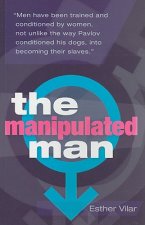
Manipulated Man
14.20 € -16 % -

Think Like a Monk
14.50 € -29 % -

Women Who Run With The Wolves
13.79 € -29 % -

Iron John
15.71 € -25 % -
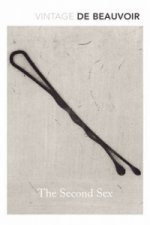
Second Sex
15.10 € -4 % -
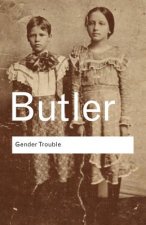
Gender Trouble
27.09 € -
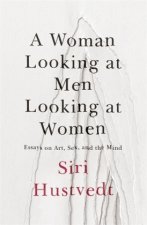
Woman Looking at Men Looking at Women
12.18 € -27 % -

Hillbilly Elegy
12.69 € -36 % -

Tom of Finland. The Complete Kake Comics
21.05 € -
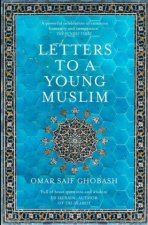
Letters to a Young Muslim
11.78 € -24 % -
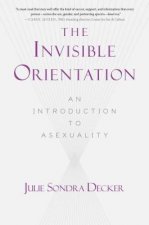
Invisible Orientation
13.69 € -24 % -
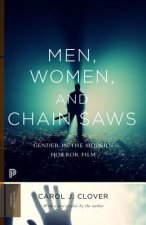
Men, Women, and Chain Saws
18.23 € -12 % -
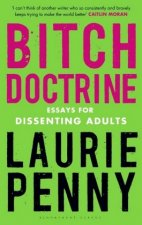
Bitch Doctrine
9.46 € -26 % -
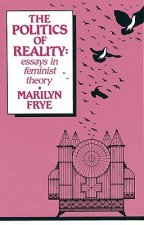
Politics of Reality
11.68 € -23 % -
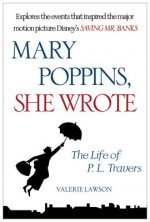
Mary Poppins, She Wrote
15.41 € -18 % -

Adolescence: A Very Short Introduction
9.46 € -18 % -
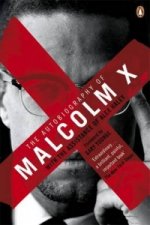
Autobiography of Malcolm X
13.29 € -28 % -
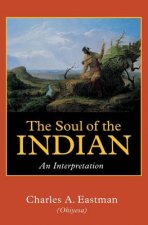
Soul of the Indian
10.97 € -21 % -

Class
15.41 € -18 % -
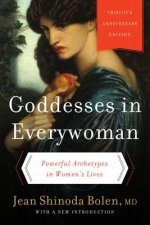
Goddesses in Everywoman
12.18 € -22 % -
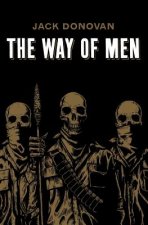
The Way of Men
14.50 € -14 % -
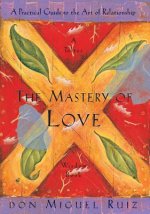
The Mastery of Love
12.28 € -19 % -

The Autobiography of Malcolm X
10.47 € -7 % -

The Velvet Rage
16.21 € -23 % -
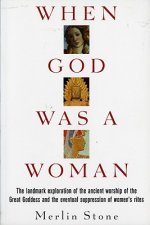
When God Was A Woman
19.64 € -2 % -

Lean In
12.79 € -23 % -
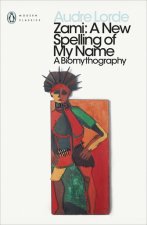
Zami
10.07 € -24 % -
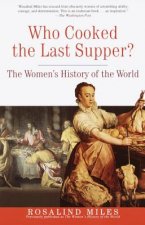
Who Cooked the Last Supper?
19.74 € -6 % -
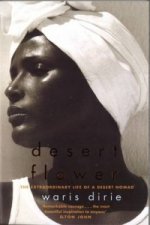
Desert Flower
10.07 € -24 % -

Humans of New York
25.68 € -16 % -

Uncle Tom's Cabin
4.83 € -19 % -

Indigenous Peoples' History of the United States
15.41 € -15 % -

Why Does He Do That?
16.51 € -17 % -

Deepest Well
16.51 € -17 % -
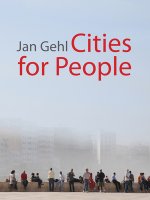
Cities for People
62.76 € -2 % -
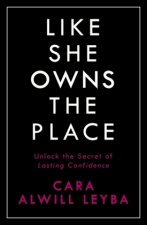
Like She Owns the Place
17.22 € -28 % -

Hillbilly Elegy
21.05 € -31 % -

Autobiography of Malcolm X
10.17 € -23 % -
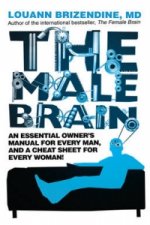
Male Brain
12.38 € -21 % -
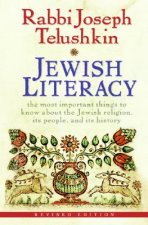
Jewish Literacy
32.43 € -24 % -
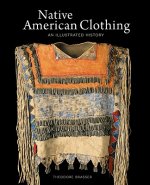
Native American Clothing
55.41 € -14 % -

Freedom Writers Diary
14.30 € -14 % -

Nice Girls Don't Get The Corner Office
9.76 € -24 % -
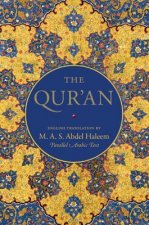
Qur'an
30.22 € -28 % -
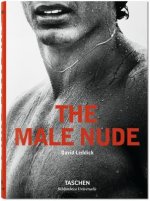
The Male Nude
18.23 € -9 % -

Beauty Sick
11.27 € -28 % -
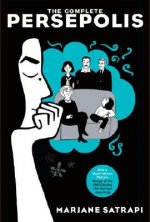
Complete Persepolis
23.47 € -12 % -

1491 (Second Edition)
17.22 € -14 %
Osobní odběr Bratislava a 2642 dalších
Copyright ©2008-24 najlacnejsie-knihy.sk Wszelkie prawa zastrzeżonePrywatnieCookies



 Vrácení do měsíce
Vrácení do měsíce Zdarma od 49.99 €
Zdarma od 49.99 € 02/210 210 99 (8-15.30h)
02/210 210 99 (8-15.30h)